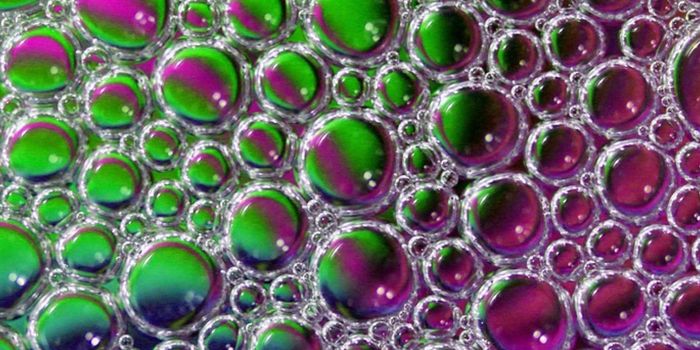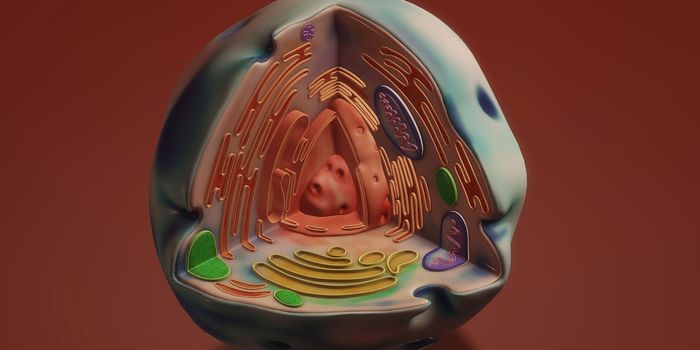Stress During Pregnancy may Influence Child's Lifespan
Pregnant women are often encouraged to avoid stress, and new research only bolsters that recommendation. Researchers have linked maternal stress to premature aging and an increased risk of diseases related to aging. The molecular link is through telomeres, which help maintain chromosomes. The work has been reported in Neuropsychopharmacology.
Throughout life, cells renew and divide. With every division, the genomic material in the cell is replicated and each time the telomeres get shorter. Telomeres are repetitive sequences of DNA that cap the ends of chromosomes and protect them. They continue to shorten, and when they can’t get any shorter it leads to cell death, also called apoptosis. It’s widely known that telomeres shorten as people age, as such it is one common biomarker of aging and can be an indicator of age-related disease.
Because of the critical relationship between telomeres and aging, researchers have looked to newborns to see what might be affecting telomere length in the very early stages of life. Investigators have found that a variety of factors can play a role with findings that ultraviolet radiation, oxidative stress, post-traumatic stress disorder and major depression can all shorten telomeres. Some small studies have suggested a link between telomere length and the degree of stress experienced by a woman during pregnancy.
Related: Telomere Biology & Cancer Studies at the NIH
Telomere lengths were measured in 319 newborns and 318 mothers in clinics in one part of Germany. Questionnaires and interviews were used to assess the psychological history, stress levels and lifestyles of mothers and some aspects of the fathers. Umbilical cord blood was collected from the newborns to obtain telomere data.
The investigators determined that the children of women that experienced stress during pregnancy carried shorter telomeres. That effect was specific to stress during pregnancy; children of women who had experienced a psychological disorder at some point in their lives did not have shorter telomeres. Interestingly, stress did not have an impact on the telomere length of the mother.
There are other factors that were found to influence telomere length. Gender was one; girls had significantly shorter telomeres than boys did. Smoking was another; women who were smokers had shorter telomeres but it did not impact the telomere length of their children.
"Although the meaning of the reported differences in TL for later health is so far unclear, our findings underline the necessity to especially support women with increased risk of experiencing stress during pregnancy," concluded one author of the work, Tabea Send of the Central Institute of Mental Health, University of Heidelberg in Germany.
You can learn more about how stress affect telomere length in general in the following video.
Sources: AAAS/Eurekalert! via Springer Health, Neuropsychopharmacology









